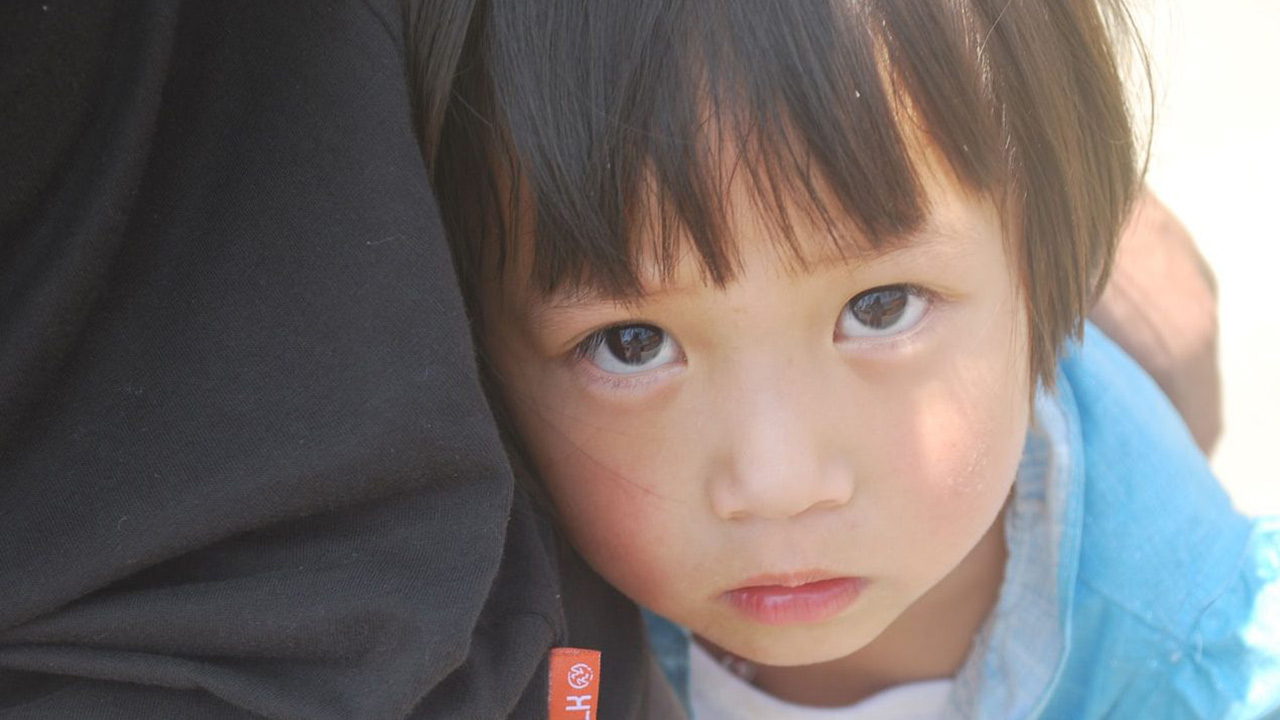COVID-19 Blog Series: Supporting Children’s Mental Health!
- Written by: Lynne Lafave & Ceilidh McConnell

COVID-19 has changed our lives in so many ways. The last post outlined numerous mental health resources for early childhood educators (check it out here). One additional aspect to consider is how the pandemic may be affecting child mental health and well-being.
As early childhood educators, parents, teachers, and caregivers, we are all doing our best to protect children’s physical health. Many of the activities children find familiar, such as child care, extracurricular activities, and even home life, have been disrupted due to COVID-19. It is important during this time to take notice of the different signs of stress in children and help them cope and manage the wide range of emotions they are likely experiencing. For this reason, we put together this blog that includes links to information that will provide you with guidance and strategies on how to support the mental well-being of children during these times of change and uncertainty.
MyHealth.Alberta.ca
A reliable website from the Alberta Government written by healthcare experts with the goal of providing Albertans with health information they can trust.
Helping Your Child with Stress: A great tool that outlines a variety of strategies to help a child who is experiencing stress. In addition, you can also find a list of related topics that address growth and development throughout specific ages. Expressing Emotions & Conversation Starters: During these times, it can be hard for children to articulate or identify what they are feeling. This link provides some extremely useful tips on how to help children communicate their feelings, which ultimately allows you to understand and meet their individual needs.Anxiety Canada
A non-profit organization connecting adults, youth, and children with reliable resources to help identify healthy ways to navigate anxiety.
Talking To Kids About COVID-19: As adults, COVID-19 has been confusing, we are learning new things about the virus every day and are constantly bombarded with new information. As confusing as it is for us, children are feeling this confusion tenfold. This link provides some great insight and advice on how to speak to children about the pandemic and how to keep an open dialogue so that fears and anxieties can be addressed.Caring for Kids
Caring for Kids, developed by the Canadian Paediatric Society, provides caregivers with reliable information about their child’s health and well-being.
Helping Children Cope with Stressful Public Events: Caregivers play an important role in reassuring children by staying calm and helping them understand and cope with their feelings and reactions. Check out this link for ideas on how to help.Stronger Together
Taking care of yourself and taking care of children can be overwhelming. Children are resilient but need support and reassurance to help manage their mental well-being during this worldwide pandemic. Please refer back to these resources as frequently as you need when supporting children who are displaying signs of stress.
Make sure to follow us @CHEERSforchildcare on Facebook and Instagram for ongoing tips on how to navigate children’s mental health.
Be sure to check out the COVID-19 Blog Series: Physical Activity and Physical Distancing where we outline how you can get children physically active and maintain physical distancing guidelines, with lots of fun activity ideas!
Author Bio
Lynne Lafave is an associate professor in the Department of Health and Physical Education at Mount Royal University in Calgary Alberta. She holds a doctorate in nutritional sciences and her research focuses on nutrition, physical activity, and well-being initiatives in early childhood education and care. As the principal investigator on the CHEERS project, she works jointly with early childhood educators and CHEERS project coordinators to support early child health and well-being initiatives in the early childhood education and care setting.
Ceilidh McConnell is an MSc Psychology graduate student at the University of Calgary in HOPELab studying empathy and decision-making in adolescents. She obtained her BA (Hons) in Psychology at Mount Royal University.